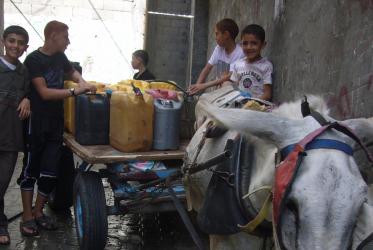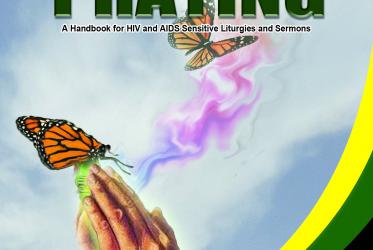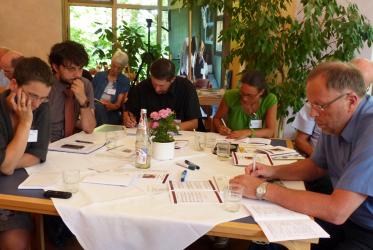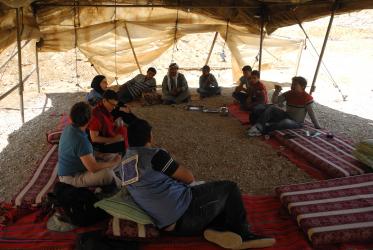Displaying 121 - 140 of 146
Tveit highlights unjust water resources for Palestinians
10 February 2016
Seven Weeks for Water 2016 to focus on Holy Land
05 February 2016
Tveit on the “Ten Commandments” of food
26 January 2016
New video presents Ecumenical Advocacy Alliance’s call to action
13 January 2016
COP21: how climate change affects access to our daily bread
09 December 2015
Faith leaders urge action at UN climate talks
02 December 2015
Patent agreement welcomed as step to improve HIV treatment
30 November 2015
“Jamaica Praying” – a manual for HIV and AIDS has been launched
23 February 2015
Water network develops a theological framework for water justice
12 December 2014
Israeli attacks have worsened water systems in Gaza
08 August 2014
Christian responses on health and healing
16 July 2014
Dialogue on HIV, sexual reproductive health and rights
12 March 2014














